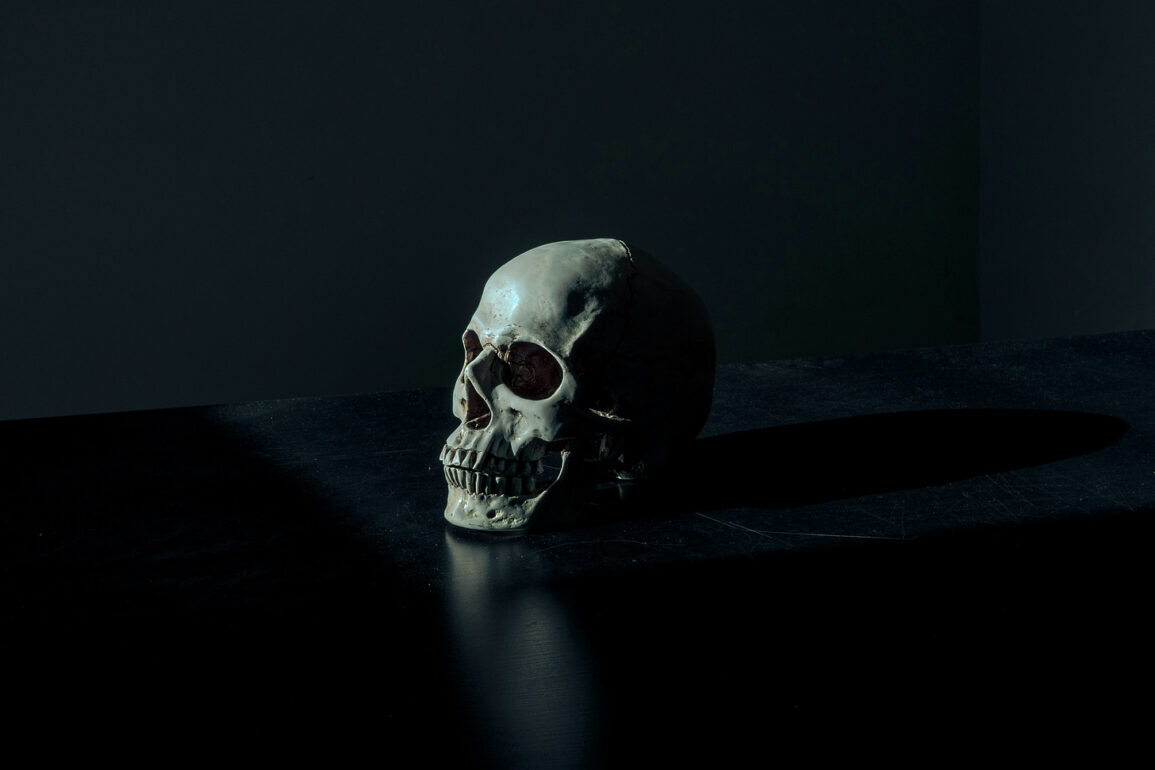The “left” versus the working class
Instead of organized attempts to increase wages and worker protections, and to force restraints on capitalist disruptions (the gig economy/internet of things, massive immigration, etc), the Neo-Liberal “Left” has focused on identity concerns and state-enforced punitive technocratic change: the opposite of what workers actually want and need.
Consider, for example, all the punitive environmental policies like increased taxes on gas and forced switches to electric cars. These are seen as “left” policies, but whenever they are implemented (as France tried to do), they spark a massive protest movement by the working class — who will suffer most from them — which then gets smeared as “fascist.”
Other technocratic changes also had similar effects and showed the steep divide between the class alignments. DEI policies don’t matter to anyone involved in waged manual labor, because DEI isn’t about increasing the wages and benefits for those professions. Also, those policies don’t do anything for members of the working class that actually have the targeted identity markers: a black woman working at McDonald’s is never going to be offered one of those new positions created for black women at Goldman Sachs.
…And especially, there’s the issue of “leftist” moral health regimes like mandatory masking and vaccinations that arose during Covid, and also the longer-term technocratic programs like smoking bans. The former is still quite a big deal in the United States, with “leftists” elevating covid vaccinations to the level of the Eucharist, a religious act signifying a person’s belonging to a universal communion of believers…
The British sketch comedians, David Mitchell and Robert Webb, once did a rather hilarious bit about two SS soldiers suddenly noticing the skulls on their uniforms. Towards the beginning of the sketch (it’s a quick 2 minutes and 50 seconds, absolutely worth a quick laugh), one of them asks the other, “Are we the baddies?”
The other day, a longtime friend of mine mentioned that he’s been in a process where he’s essentially been asking himself the same question.
He already knew I’d understand what he meant, seeing as my book, Here Be Monsters, is really about how I’d had to ask myself that same question. No, of course I don’t mean that the “left” he and I both thought we were part of were Nazis. Rather, his question was more about our class positions.
As background — without giving away identifiable personal details about his life — my friend is a self-employed personal consultant. He’d previously been employed in a larger business doing the same work, but a few years ago, he decided to do it independently. He lives in a large city, has a graduate degree and a mortgage, and is squarely in what Americans nebulously call the “middle class.” He’s in the kind of position where he’s got enough money to live comfortably, but a sudden reduction of clients would force him to get a “traditional” job instead of working independently.
And something else you should know about him is that his political and social positions had been squarely aligned with most of what the “woke” stood for between 2016 to 2022. Mine had been, too (in fact, we’d marched in a protest together and often discussed identity issues), though I started questioning the entire framework earlier than he had.
So, after reading John Michael Greer’s The King In Orange, and having already read Catherine Liu’s Virtue Hoarders, he asked me this:
… where am I in these class analyses? Because in some ways I assume I’d be considered among the Professional Managerial class or salaried classes but I don’t have a salary and increasingly feel the class disparity between myself and some of my tech clients….
It’s part of my journey into “wait — am I actually part of the bad guys?” That has been ongoing since I learned bourgeois meant “city dweller.”
He was kind enough to let me quote and expand my answer to him here, as I think it would be helpful to anyone who’s been trying to figure out what actually happened to the left and especially why “conservative” or “right-wing” positions suddenly seem to make more sense to them lately. It’s also probably very helpful for anyone still confused as to why Trump won this recent election in the United States.
Here is my (greatly expanded) response:
This post was originally published on this site be sure to check out more of their content.









